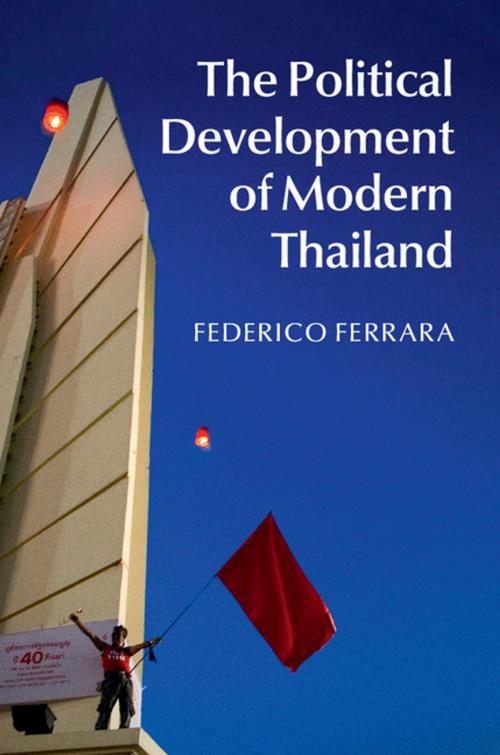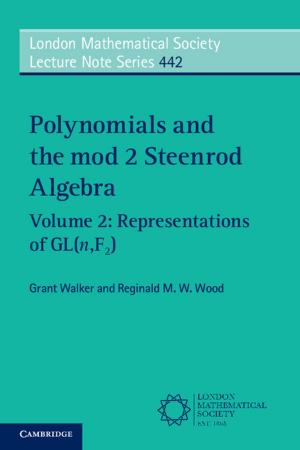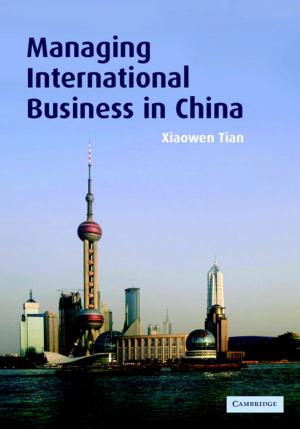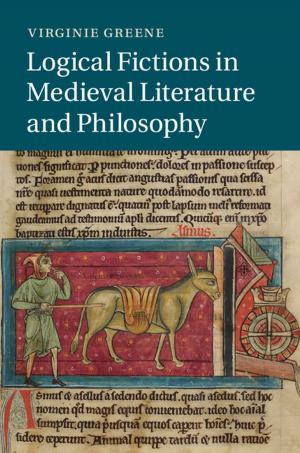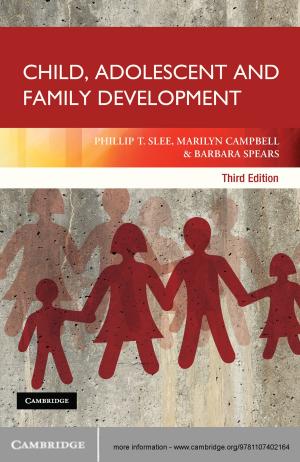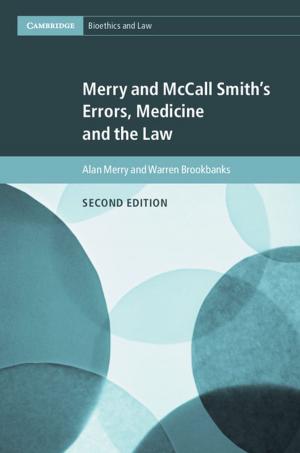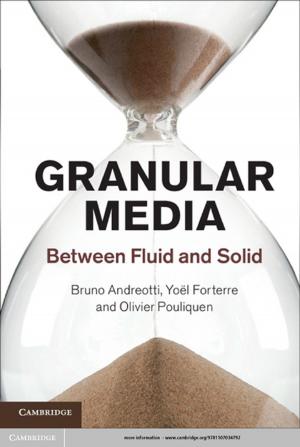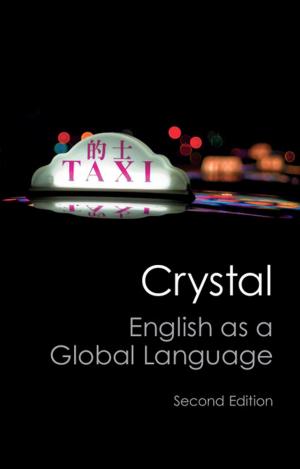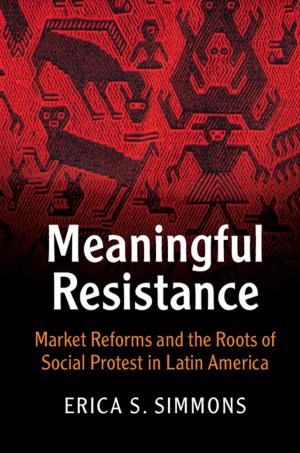The Political Development of Modern Thailand
Nonfiction, Social & Cultural Studies, Political Science, International, History| Author: | Federico Ferrara | ISBN: | 9781316288634 |
| Publisher: | Cambridge University Press | Publication: | March 26, 2015 |
| Imprint: | Cambridge University Press | Language: | English |
| Author: | Federico Ferrara |
| ISBN: | 9781316288634 |
| Publisher: | Cambridge University Press |
| Publication: | March 26, 2015 |
| Imprint: | Cambridge University Press |
| Language: | English |
Based on extensive, empirical research, The Political Development of Modern Thailand analyses the country's political history from the late nineteenth century to the present day. Long known for political instability, Thailand was thrust into a deep state of crisis by a royalist military coup staged in 2006. Since then, conservative royalists have overthrown more elected governments after violent street protests, while equally disruptive demonstrations staged by supporters of electoral democracy were crushed by military force. Federico Ferrara traces the roots of the crisis to unresolved struggles regarding the content of Thailand's national identity, dating back to the abolition of absolute monarchy in 1932. He explains the conflict's re-intensification with reference to a growing chasm between the hierarchical worldview of Thailand's hegemonic 'royal nationalism' and the aspirations that millions of ordinary people have come to harbour as a result of modernisation.
Based on extensive, empirical research, The Political Development of Modern Thailand analyses the country's political history from the late nineteenth century to the present day. Long known for political instability, Thailand was thrust into a deep state of crisis by a royalist military coup staged in 2006. Since then, conservative royalists have overthrown more elected governments after violent street protests, while equally disruptive demonstrations staged by supporters of electoral democracy were crushed by military force. Federico Ferrara traces the roots of the crisis to unresolved struggles regarding the content of Thailand's national identity, dating back to the abolition of absolute monarchy in 1932. He explains the conflict's re-intensification with reference to a growing chasm between the hierarchical worldview of Thailand's hegemonic 'royal nationalism' and the aspirations that millions of ordinary people have come to harbour as a result of modernisation.
